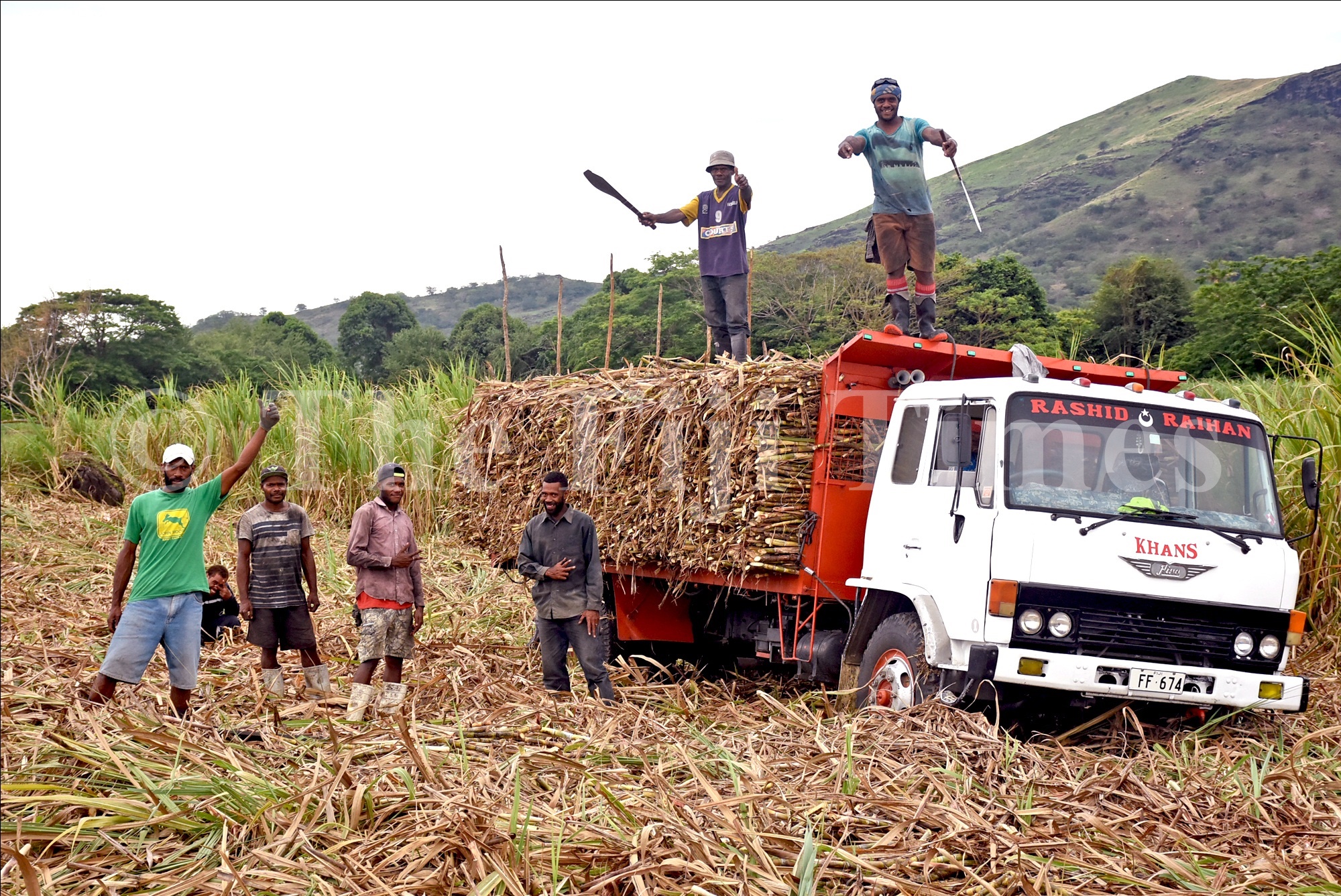THE Director of Planning, Policy and Research for the Ministry of Sugar Reshmi Kumari has emphasised the pivotal role of mechanisation in enhancing the efficiency and profitability of Fiji’s sugarcane industry.
While delivering her presentation at the 8th International Association of Professionals in Sugar and Integrated Technologies IAPSIT conference in Vietnam this week, Ms Kumari said mechnanisation benefitted farmers by reducing harvesting costs.
“Farmers utilising mechanical harvesting have benefitted from a regulated rate of $21.70 per tonne, compared to $25 per tonne for those relying on manual labour,” she said.
“However, when factoring in additional costs such as accommodation, food, utilities, and transportation for manual harvesting, farmers can incur expenses up to $32 per tonne – 32 per cent higher than mechanical harvesting.”
Ms Kumari also addressed the concerning trend in productivity among cane cutters, noting a decline of nearly 50 per cent over the past 15 years.
“The average output per cane cutter dropped from 233 tonnes per season in 2009 to just 118 tonnes in 2021.
“While factors such as mill stoppages and workforce capabilities may contribute to this decline, further research is needed to determine the underlying causes.”
The presentation also covered the mechanisation of cane cultivation, highlighting that a total of 142 Tractor Service Providers (TSPs) were registered with the Fiji Sugar Corporation Ltd.
“These TSPs will offer essential services including ploughing, harrowing, spraying, and tilling,” Ms Kumari said.
“The Ministry of Sugar will closely monitor the efficiency of this new TSP model over the next few years.
“It has proactively supported the farm mechanisation strategy, investing approximately $3.5million from 2017 to 2023 to procure 52 mechanical harvesters, 20 tractors with implements, 12 planters, and 16 fertiliser applicators.”
She said the ministry planned to continue supporting these initiatives in its 2024-2025 budget and explore suitable mechanical harvesting solutions for manual farmers. |



